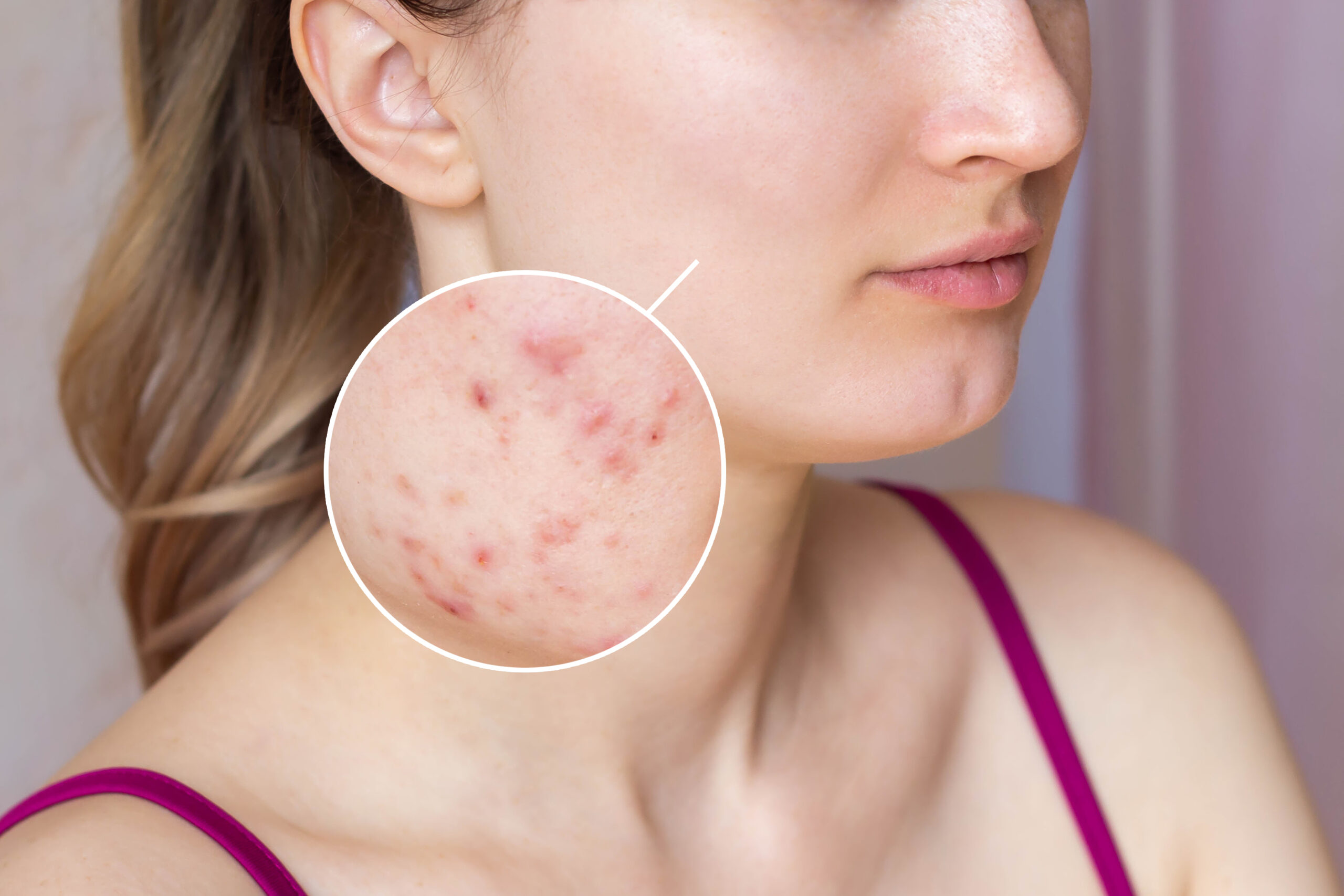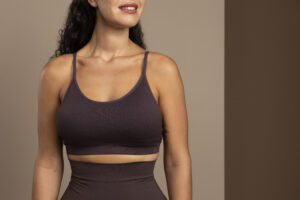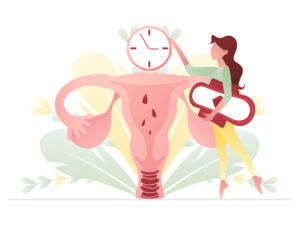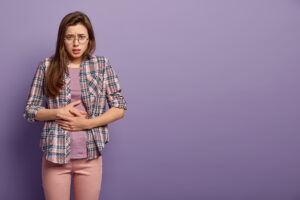Acne is the most common skin condition in the adolescent and adults It affects nearly 80% of the population during their lifetime. About 50% of women in their 20s and 25% of women in their 40s get hormonal acne. Adolescent and adults. One out of every 3rd consultation in acne consultation. When it occurs adolescents, it is not always due to various Hormonal changes.
What is HORMONAL ACNE?
Hormonal acne affects both men and women, but the majority of cases occur in women, pregnant women and women going through menopause. rarely young women also in 20s
What causes hormonal acne?
Acne is caused by clogged pores. Hormonal acne develops when hormonal changes increase the amount of oil your skin produces. This oil interacts with bacteria on the pores of your skin where hair grows (hair follicles) and results in acne.
- Excess sebum (the oily substance created from the sebaceous glands in the middle layer of your skin).blocks the hair follicle.
- Dead skin cells accumulate as the cell turnover increase in hormonal acne.
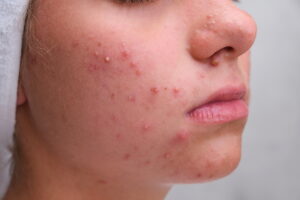
- Bacteria accumulate and cause infection
Causes for hormonal acne that you can’t do anything about
- Changing hormone levels in women, including around your period, irregular periods, during pregnancy, during menopause or after discontinuing birth control.
- Men undergoing testosterone treatment.
- Family history of acne (genetic predisposition).
- Side effect of a medication (steroids).
- Pre-existing medical conditions (polycystic ovary syndrome, other ovarian conditions and metabolic conditions).
- In pregnancy also hormonal fluctuations can cause acne
What are the symptoms of hormonal acne?
Acne causes lesions (damaged skin tissue) that can become inflamed and be red, painful or sore. Lesions are most likely to appear on your cheeks, but may also appear in the following places:
- Face.
- Neck.
- Back.
- Shoulders.
- Chest.
Hormonal acne can appear as the following types of lesions:
- Whiteheads.

- Blackheads.
- Papules (raised skin tissue, 2-5 mm in diameter).
- Pustules (skin bumps that contain pus, 2-5 mm in diameter).
- Cysts (pockets under the skin that contain fluid).
What can make hormonal acne worse?
- Stress.
- Pollution.
- High humidity.
- Squeezing or picking at blemishes.
- Poor diet (specifically refined carbohydrates and sugars).
HOW TO TREAT HORMONAL ACNE
Hormonal acne is treated in dermatological clinics. Based on the severity of your acne, different treatment options are available to reduce sebum production, pimple formation and painful inflammation:
- Blackheads and whiteheads: Topical cream (tretinoin).
- Inflammatory acne: Topical retinoid and/or topical antibiotic and/or benzoyl peroxide.
- Moderate to severe acne: Antibiotic and/or isotretinoin (retinoid).
- Cystic acne: Steroid injection (intralesional triamcinolone).
What are other treatments for hormonal acne?

- Daily skin cleansing.
- Birth control (oral contraceptives).
- Change in diet.
- Laser or light therapy.
ACNE TRATMENTS IN OJAS AESTHETIC
We evaluate skin care products you use regularly.
- Stress and sleep habits.
- Current medications you use.
- Changes in your health (hormonal changes.
- It includes holistic approach with diet counselling and modifications.
- Conservative managements with medications including retinoid.
- Skin peels and IPL laser, cyst excision.
- Regenerative treatment with acne control serums.

